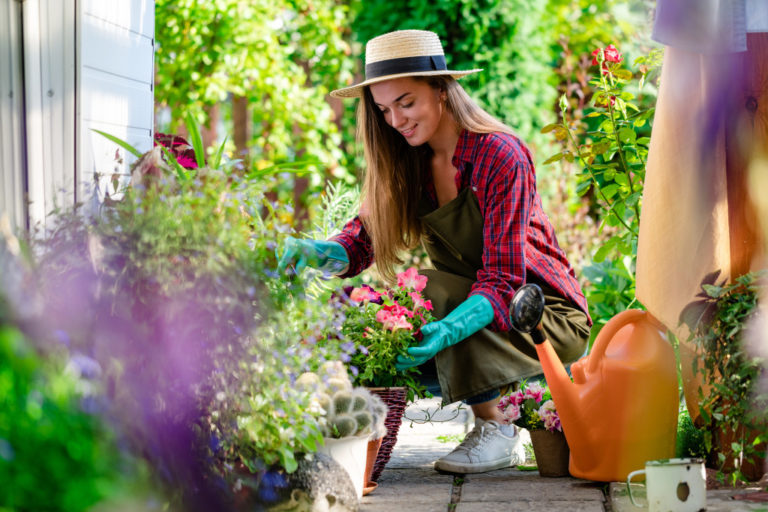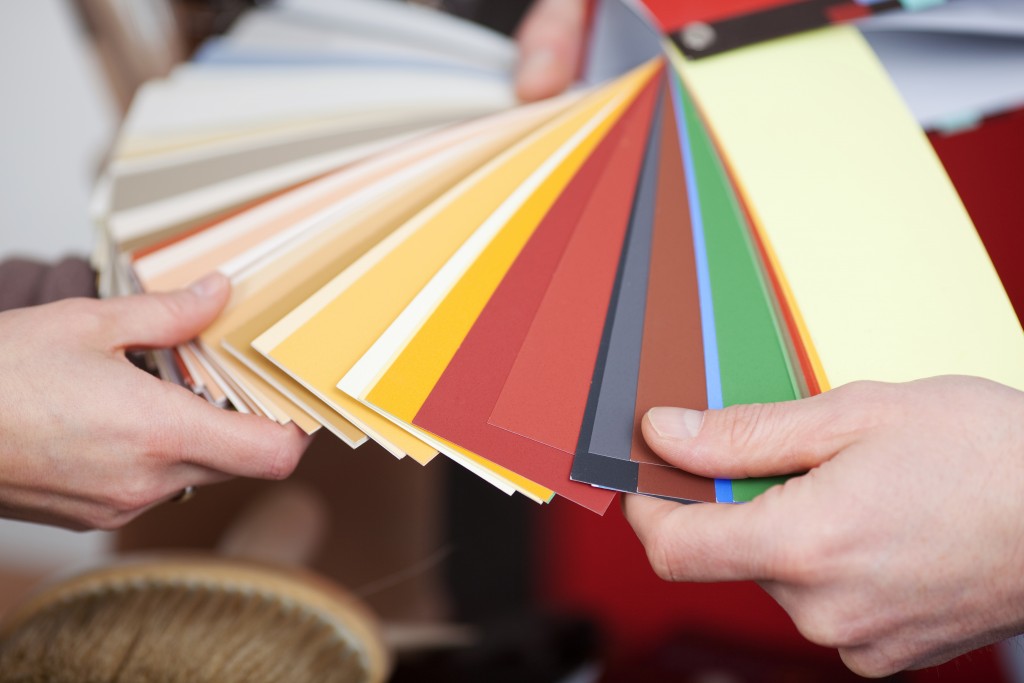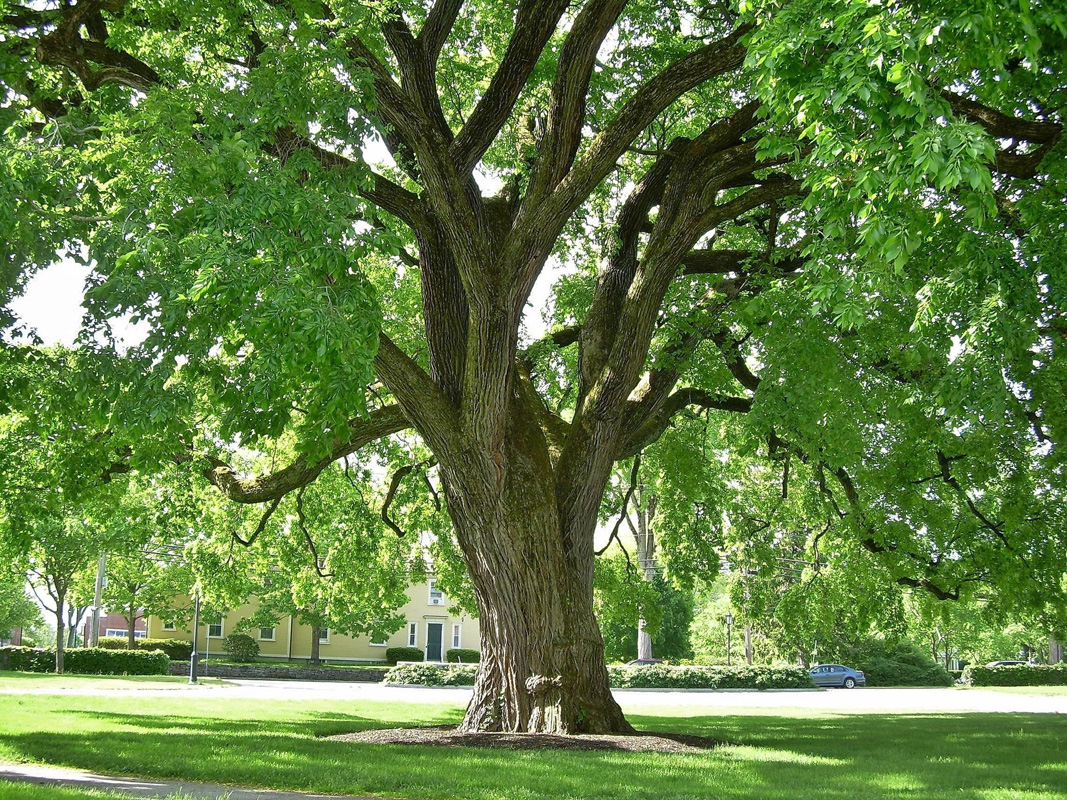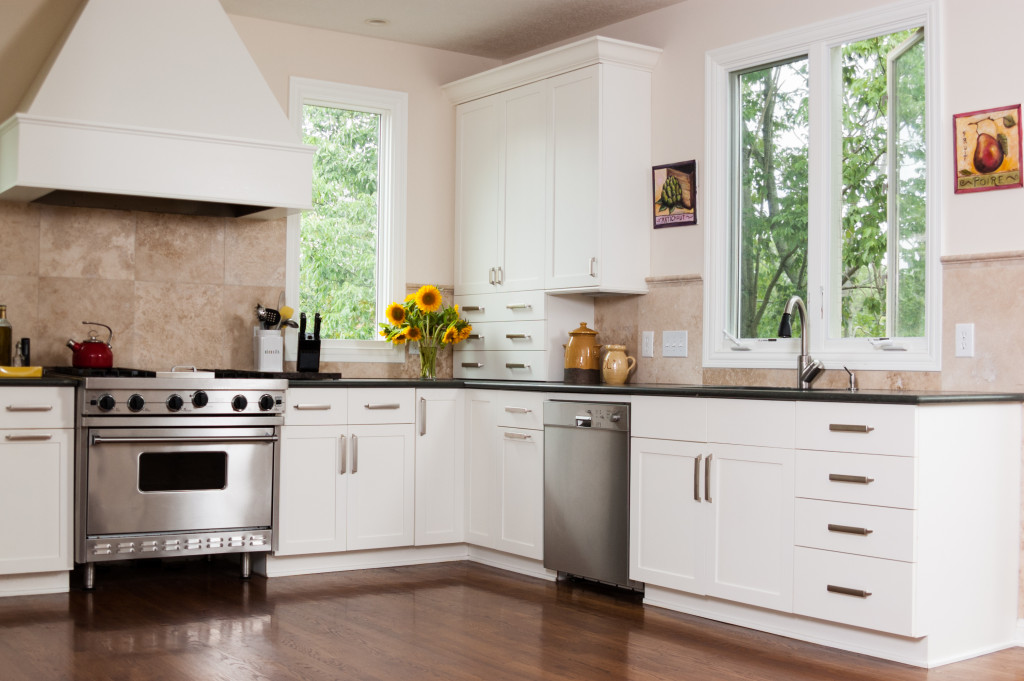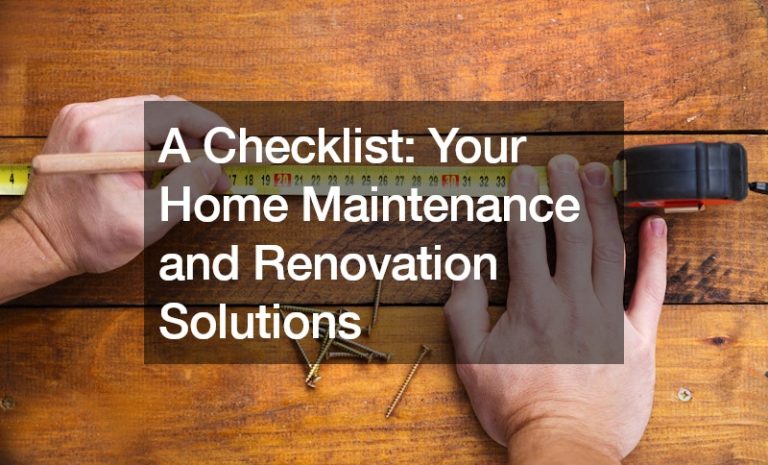2020 saw the return of decorative plants. More and more people are purchasing decorative plants for their homes and offices, perhaps as a way to cope with the ever-increasing stress of our daily lives. But as the trend rages on, interest in gardening still isn’t increasing.
This is perhaps due to the perceived amount of involvement needed, or maybe it’s due to space constraints. Whatever most people’s reasons are, it’s still a great idea to turn their small decorative plant collection into a proper mini-garden. Read on and find out why.
Why Make a Mini Garden
The Natural Feel
While you can have a mini garden outdoors, you can also utilize it to make any room feel better. Whether it’s your living room or your office, a mini garden can liven up any room. While it limits how small your mini garden should be, it’s still a considerable improvement.
Natural Mood Booster
A touch of greenery and nature in our homes makes us less likely to be anxious or worried. The natural aesthetics of plants are innately calming to most people, improving not only the feel of the room but the feeling of everyone within.
Easy to Start
A mini garden is one of those hobbies that’s relatively easy to start once you’ve got all the materials. The best part is, most materials are readily available in department stores so you won’t have to scour the internet for parts and pieces just to start.
Express Creativity
Gardening is an inherently creative activity. You’re still subject to the powers of nature, of course, but finding the creativity in nature and working with it is one of the most satisfying and fulfilling things you can ever experience. The beautiful aesthetics of a good mini garden is a plus too.
Thoughts to Consider when Starting A Mini Garden
Now you know why people are drawn to mini gardens, you might be considering starting one. And why not? It’s a fun hobby that doesn’t take much to get into, it brings a lot of benefits that are welcome in these trouble times, and it’s relatively cheap. If you’re excited, then let’s discuss how you can get started.
Know What You Want

Do you want a shelf of succulents for your working area? Or do you simply want to put the small patch of soil in your front yard to good use? Or perhaps you’re thinking of growing a few vegetables or fruits. Whatever it is you want, it’s best to establish what it is first. This is the first step in anything: deciding what you want and how to move from there.
There are a wide variety of plants, and each has a different effect that’s worth taking into consideration when choosing what to plant. Most plants, be it succulents, vines, or flowers have indoor or outdoor varieties and it’s best to know beforehand.
Have Materials Ready
You obviously need materials to get started, but you may already have some available at home. Check and see whether you have hand rakes and shovels, some shears, and other similar tools. Materials will vary to what you’re planning of course, but there will be a general similarity among them. Of course, you need soil and pots, to begin with. There are a lot of pots available, from injection molded ones to clay ones. Plastic pots are great for keeping indoors, especially if you’re placing it in your office. Clay pots work well with the outdoor atmosphere.
Consider Hydroponics and Aquaponics
Even the technology and science of gardening has evolved. While before, the main form of planting was through the soil, an alternative option now exists: planting in water. Hydroponics is growing plants without soil through the use of water, and aquaponics is all about doing the same with hydroponics but added with fish for natural nutrients and fertilizer for the plants. It might sound complicated, but it’s a lot simpler than it sounds like.
There are multiple decorative and fruit-bearing varieties, and while it can be quite difficult to get started with aquaponics or hydroponics, it’s still worth knowing about it. There are also a number of kits available if you’re keener on having an aquarium and aquaponics set up to give a classy feel to your office space.
Gardening is a serious business, and even if you’re not planning to make it into a livelihood, knowing what you’re doing will save you from frustrations. Gardening can take some time getting used to, as you’ll be working with non-responsive living things. You’ll learn along the way but don’t let mistakes discourage you. They’re part of the learning process and for every failure you experience, the more you’ll learn.

